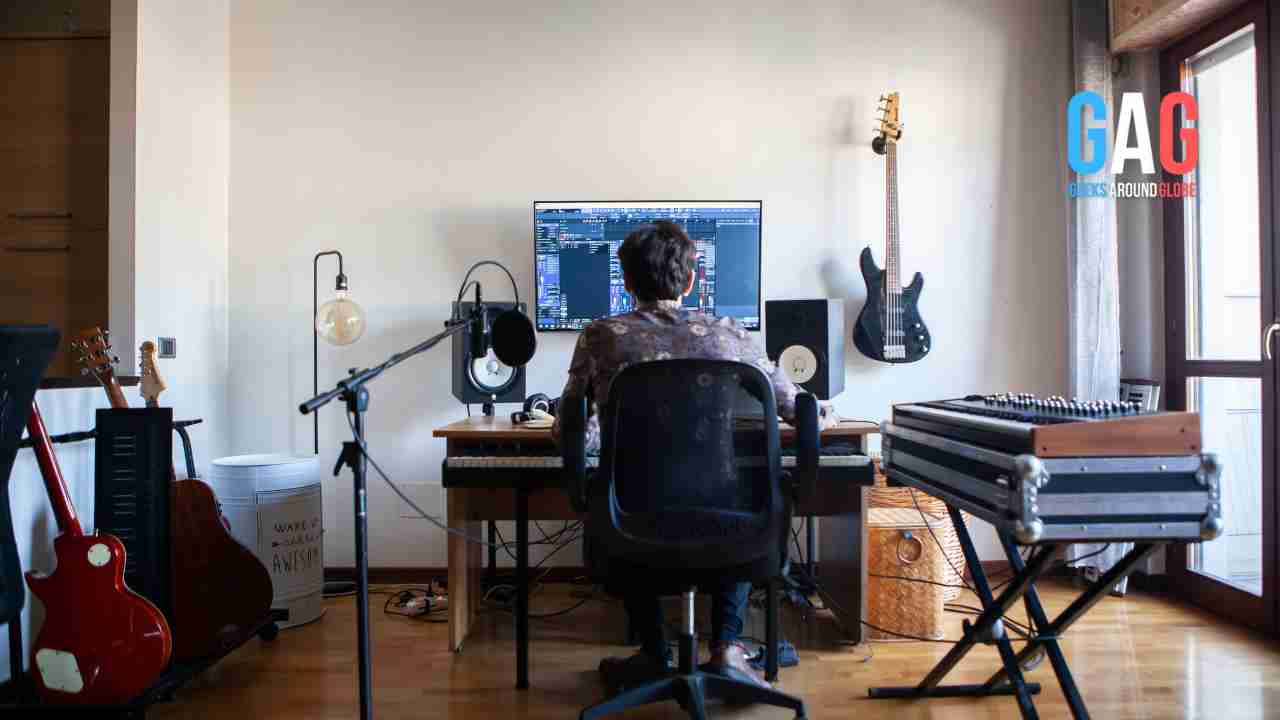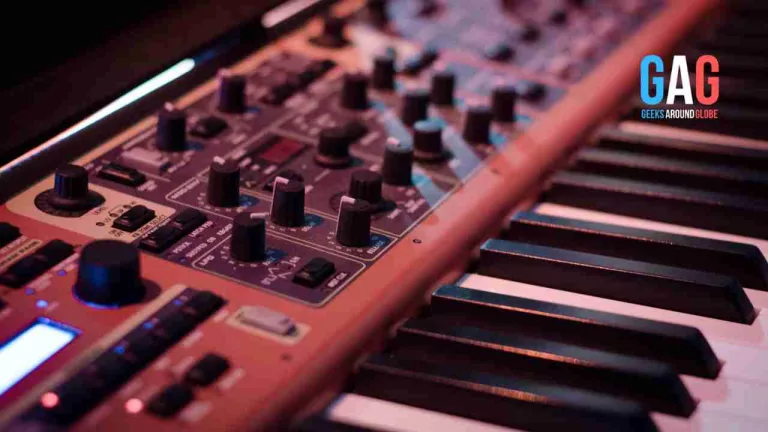
Composing and recording music can be a complex and daunting task. Fortunately, there are certain techniques that can be more enjoyable. Whether you’re a beginner or an experienced musician, these techniques are essential to anyone composing and recording music. From creating catchy song hooks to using MIDI controllers to record your tracks, here are some of the most important techniques for successful composition and recording.
- A pitch correction software
Pitch correction software is essential for any music producer or composer. It allows you to adjust the pitch of individual notes and entire sections of a song. This can be extremely helpful for perfecting performances, as it can make sure each note sounds exactly how you want it to sound. For example, if you’re recording a vocal part and need to drop the pitch slightly to avoid muddy-sounding vocals, pitch correction software can help you do that quickly and easily. The pitch correction tools in most software are also useful for creating unique vocal effects, such as harmony and autotune. It’s a must-have tool for anyone who wants to compose and record professional-sounding music.
- Creating catchy song hooks
Creating catchy song hooks is a vital technique for anyone who wants to write and record great music. A hook is part of a song that usually contains the melody and lyrics, and it’s what will draw listeners in and make them want to hear more. When writing your songs, always focus on creating memorable and catchy hooks. The main elements you should incorporate into your hooks are strong melodies, repetitions of phrases, interesting rhythms, captivating chord progressions, and interesting vocal effects.
- Using MIDI controllers
When recording music using digital audio workstations (DAW), MIDI controllers are essential tools for controlling virtual instruments or hardware devices like synthesizers. MIDI controllers allow you to play notes on the keyboard or drum pads and control other elements such as knobs and sliders. MIDI controllers can be used for both recording and live performance, making them an invaluable tool for anyone who wants to compose their music.
- Choosing the right sounds
The sound design of a track is one of the most important aspects of successful composition and recording. The sounds you choose will determine the overall feel and emotion of your song, so you must select quality samples that suit your style. When choosing sounds, consider what type of instrumentation would best fit the song, how each sample should be arranged within a mix, and how they should interact with one another. Taking time to carefully craft and edit the perfect sounds will make all the difference in the finished product.
- Mixing your tracks
Once you have recorded and edited all of the elements of a song, it’s time to mix them. The mixing process involves balancing levels, adding effects such as EQ, compression, reverb, and delay, and automating parameters. Mixing is an essential part of any recording session as it allows you to craft the overall sound of a track. It can be daunting for beginners so make sure to take your time and experiment with different settings until you are satisfied with the results. The result should be a track that is sonically pleasing and sounds professional.
- Mastering your tracks
The last step in the recording process is mastering. This is where you take all of the elements of a song and make sure they are balanced and optimized for playback on various systems. Mastering involves using tools such as EQ, compression, and limiting to ensure the best possible sound quality. You must leave this step to someone who knows what they are doing, as improper mastering can ruin an otherwise great track. The mastering engineer should have a good understanding of the genre and style of music you are working on to give your track that professional sound.
- Listening and learning
Also, one of the most important techniques for anyone who wants to compose and record great music is to listen and learn. Spend time listening to other artists’ work, studying their production techniques, and analyzing how they craft their songs. This will give you a better understanding of the recording process and help inspire your creativity. With practice and dedication, these techniques can help you become a successful musician or composer.
- Collaborating with others
Finally, anyone who wants to create great music should also consider collaborating with others. Whether it’s co-writing a song, exchanging ideas on arrangement and production techniques, or simply providing feedback, working together with other musicians is an invaluable way to improve your craft. Collaboration can lead to greater creativity, better arrangements, and a more polished sound overall. It’s also a great way to build relationships and create meaningful connections within the music industry.
Why is it important to learn and understand these techniques?
Understanding the different techniques involved in composing and recording music is essential for any aspiring musician or composer. By mastering these tools, you can craft professional-sounding songs that stand out from the crowd. You will also gain a greater appreciation for production techniques used by other artists and how they contribute to an overall track. Furthermore, understanding these techniques allows you to collaborate with others more effectively which can lead to new creative opportunities. In short, learning and using these techniques is required if you want to take your music career seriously.

By incorporating these essential techniques into your recordings and compositions, you can achieve professional results and move closer to becoming a successful musician or composer. With practice and dedication, anything is possible! So, don’t be afraid to experiment and have fun with your music-making process. Good luck!
These techniques are essential to anyone composing and recording music. Whether you’re a beginner or an experienced musician, taking the time to learn and master these techniques can make all the difference in your music-making process. With a little practice and dedication, you’ll be able to create beautiful-sounding tracks that will captivate your audience. So, what are you waiting for? Get out there and start composing and recording your music!







